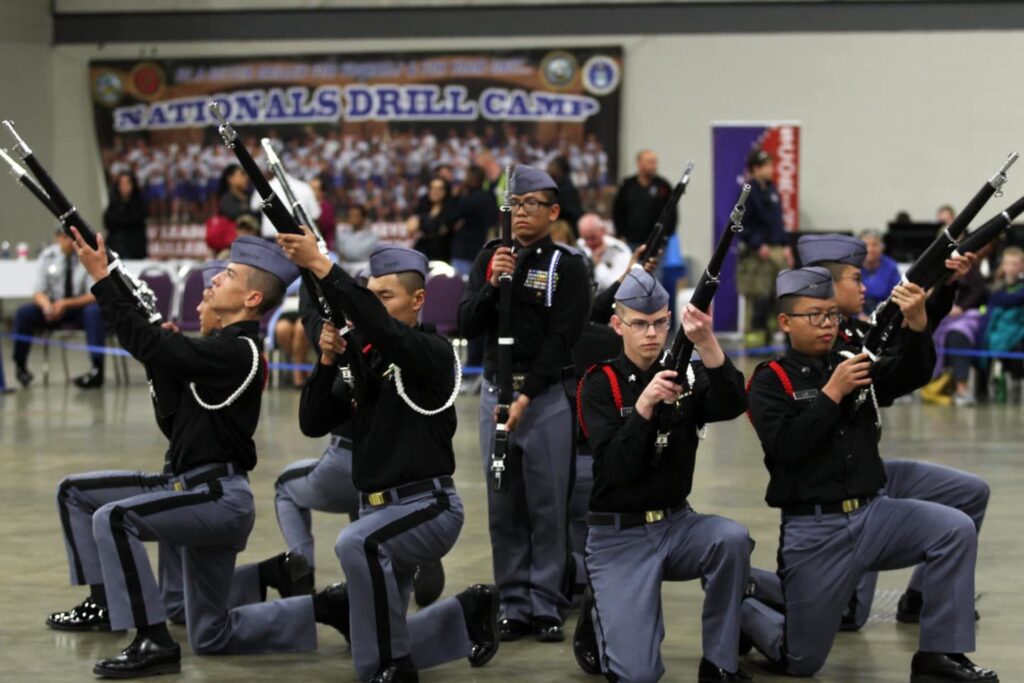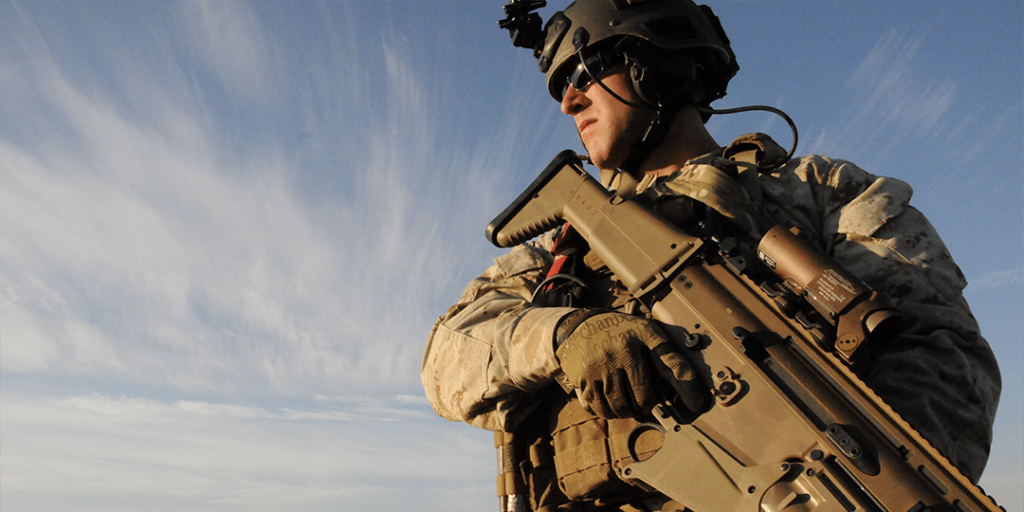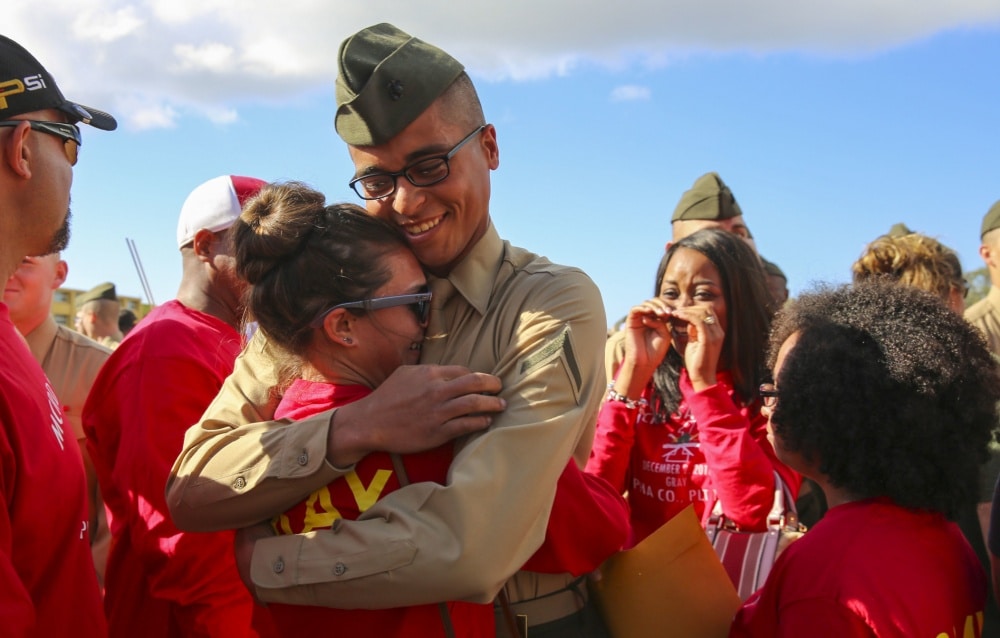
- The App
- Sandboxx News
- Resources
Learn
- Company
About
Become a Partner
Support
- The App
- Sandboxx News
- Resources
Learn
- Company
About
Become a Partner
Support
If you’re struggling to find topics to write about in your letters to someone who is at boot camp or deployed, looking to letters of...
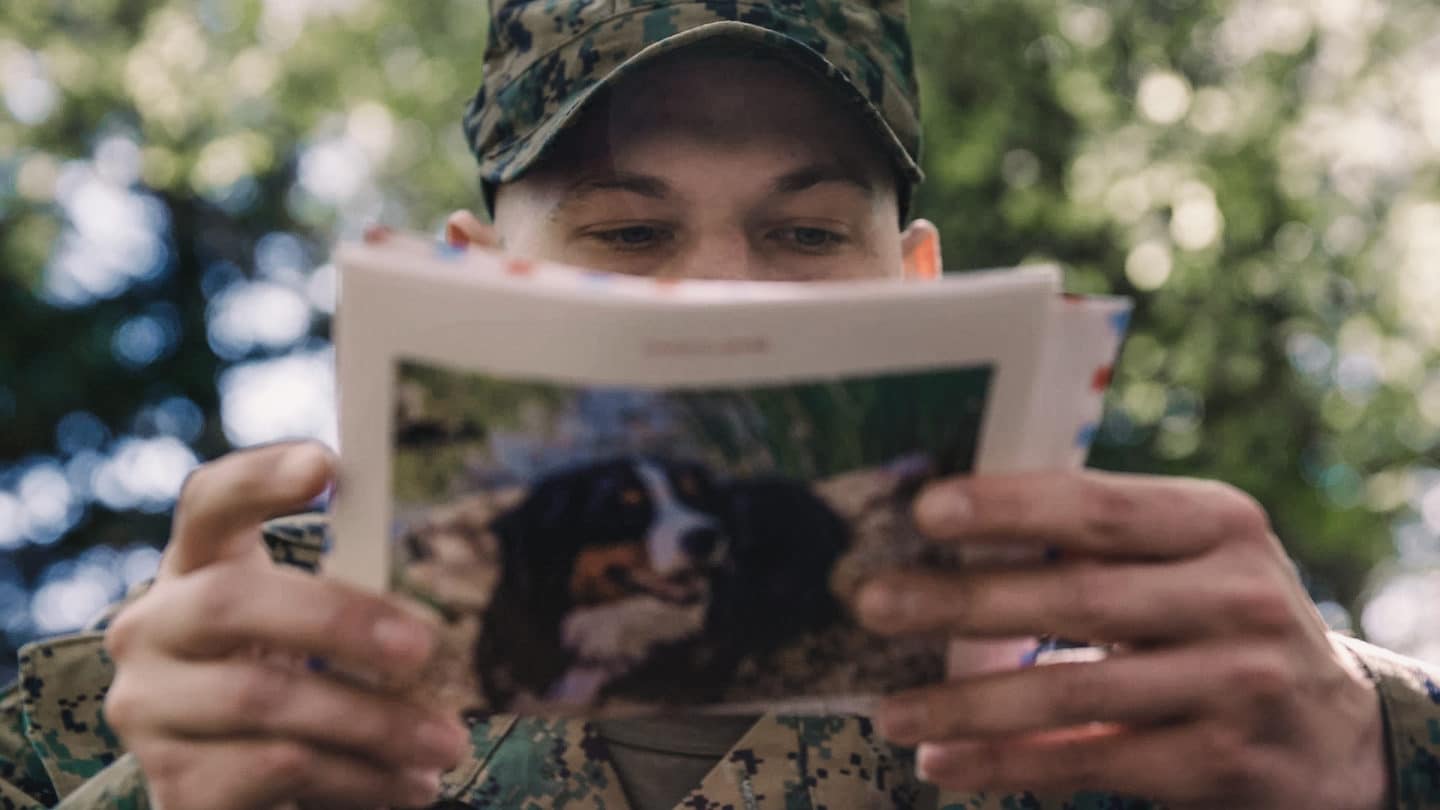
If you’re struggling to find topics to write about in your letters to someone who is at boot camp or deployed, looking to letters of the past can be great inspiration. Millions of letters have gone back and forth between loved ones during America’s wars, and if you find one that moves you, ask yourself why – it may spark ideas for you in your own letters.
Here are some lesser known letters from the past, and the lessons you can take away from them:
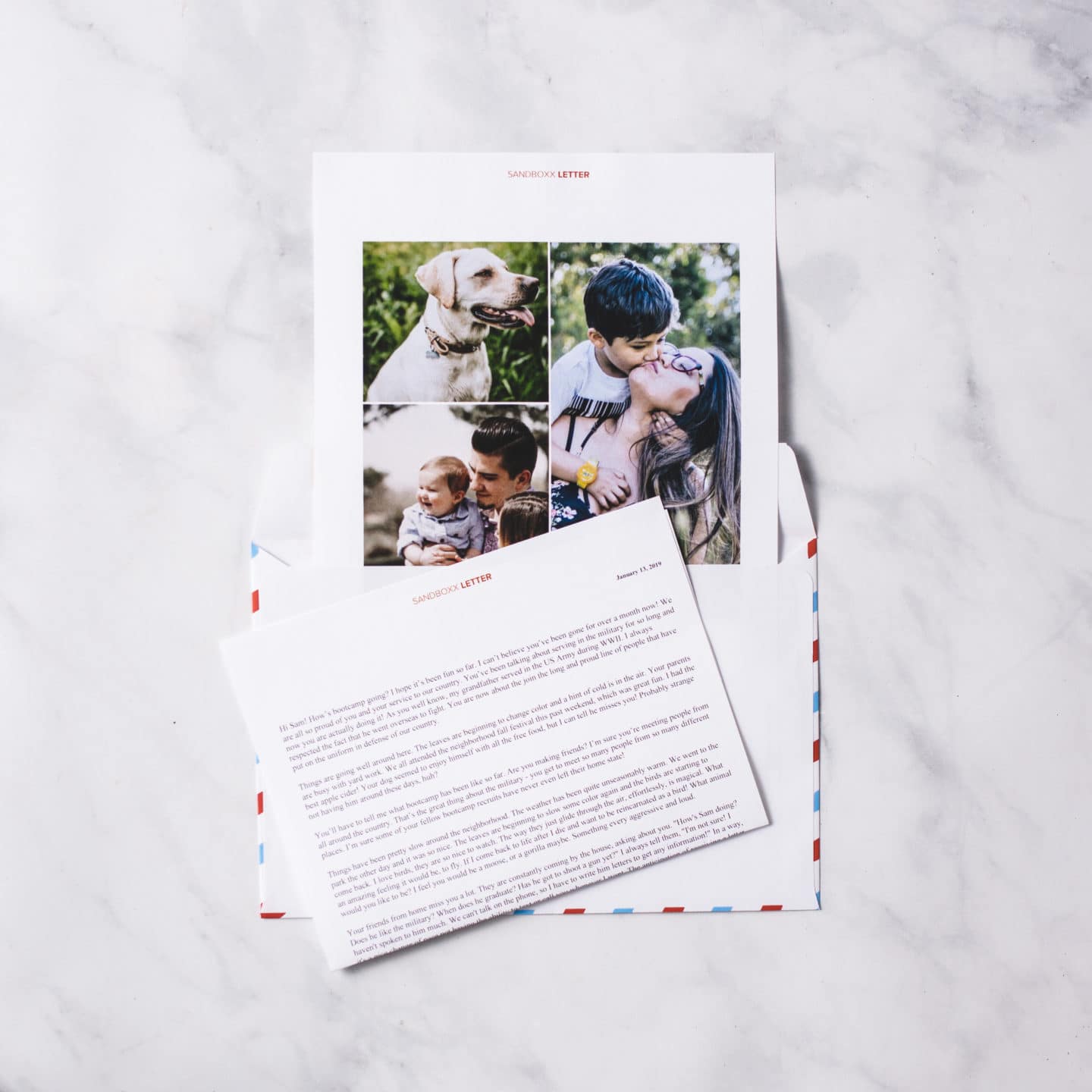
In 1916, Dora Willatt started her letter to 2nd Lieutenant Cecil Slack by saying: “I have come into that little wood and am sitting under a tree only about 10 yards away from where we sat together and you asked me to marry you. It was a very great surprise and even a shock when you told me you loved me and I had not the slightest idea you were going to tell me so then.”
Lesson: If you need inspiration, go to a place where an important moment in your relationship happened. It will remind you why long-distance will be worth it in the long run.

Canadian soldier, Harry MacDonald wrote to Jacquelyn Robinson during World War II: “When I think that even now I could be calling upon you, taking you to a dance, going to a show and doing those things normal people could be doing I feel personally one of the greatest horrors of war—the separation of men from those they love. However, I suppose that if it wasn’t for the fact that I’m in the service it might have taken longer for me to realize just how lucky I am.”
Lesson: Find the silver lining even in the hardest of circumstances. Always end your letters with optimism, never with sadness, loneliness or frustration.
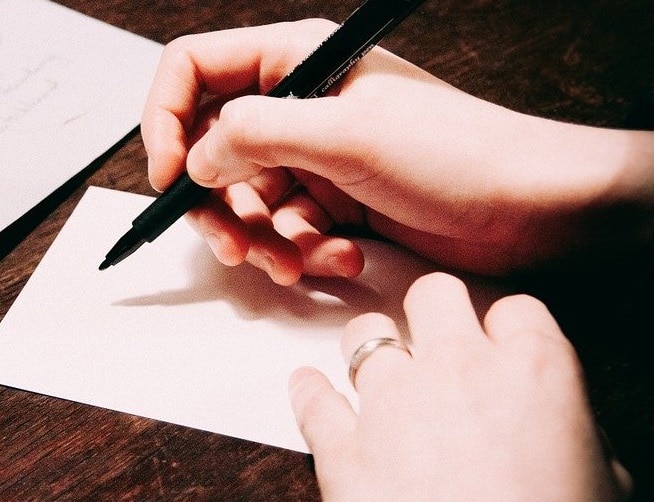
During World War II, Steve Vlaskamp was about to be shipped out to Europe from New Jersey when he telegrammed his girlfriend Dorothy in LA: “Get on a train and meet me in Manhattan and let’s get married.”
Lesson: If you’re planning a proposal, surprise or announcement, saving it for a letter can be incredibly romantic. It doesn’t have to be a marriage proposal; it could be discussions of getting a pet, or announcing a big gift you’ve bought for while the other while he or she is gone. Letters can bring hope in difficult times.

Sp/5 Peter Elliott wrote to his family during Vietnam: “Christmas out there was really something. I can hardly tell everything since there was a certain emotion that belies words. At midnight on Xmas Eve, the mortars and tracks and tanks and all the 1st Cavalry artillery sent up an absolutely thunderous barrage of high-altitude flares – all red and green star clusters. Since we were in a valley ringed by 1st Cav positions, it was quite a show. The Cavalry gunners topped it off with a crown of white phosphorous shells fired at an extreme altitude. I believe few people have seen fireworks like these. Then, when all had quieted and the flares had gone out, the whole area calmed and hushed and we could just hear one of the fire bases start singing “Silent Night.‘”
Lesson: Details are the foundation for great letters. Describing the sights, sounds and smells of even an ordinary moment can be a beautiful inclusion; it can make a servicemember at boot camp or on deployment feel like he or she is at home.
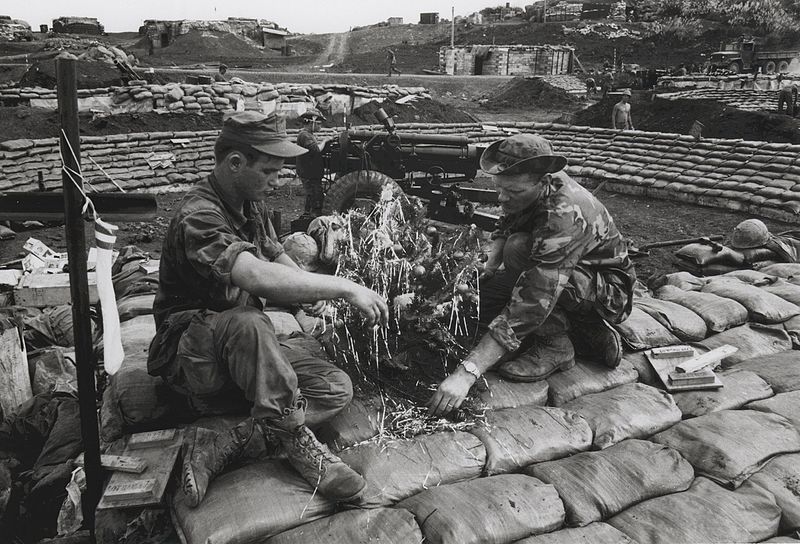
During the Civil War, Lizzie Bowler wrote to her husband Madison: “You ask to be forgiven if you have ever done anything unkind. There is nothing to forgive… I don’t want you to have the blues any more. If you do what you think is your duty both to God and man, you can do no more…”
Lesson: It’s important to be supportive in your letters. Deciding to join the military can be one of the most difficult decisions of someone’s life, and they’ll need love and reassurance from their loved ones that their decision was a well-made one.
Whatever you do, don’t be intimidated by the task of writing. Your letters don’t have to be long. Today, we are lucky to be able to easily include photographs in our letters, which can sometimes supplement a short letter just as effectively as words. Just remember to be encouraging, open and compassionate. The words will come.


